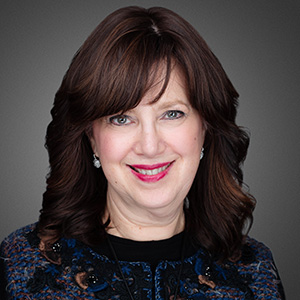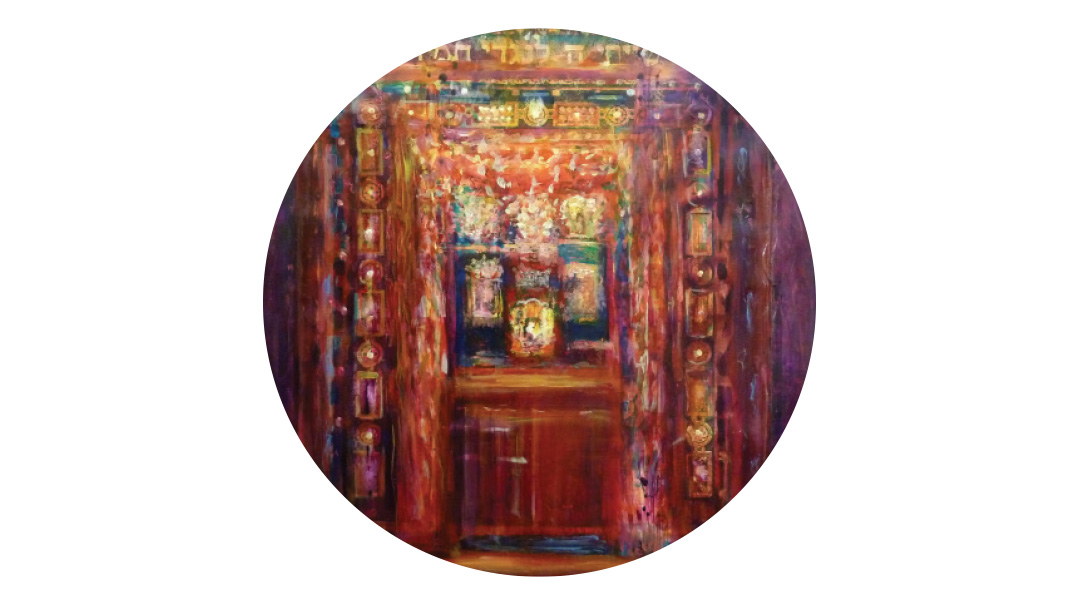Wholehearted Commitment


In the over 30 years I’ve been in kiruv I’ve regularly shared the idea that there’s no leap of faith in Judaism. Yiddishkeit is an evidence-based religion. But I know when I say that that it’s not entirely true. There is a leap of faith in Judaism and that leap is necessary to get married and stay married.
Shmully and Rivky have gone out ten times in six weeks. Shmully is starting to feel pressured by his mom and the shadchan to make a decision. He knows he likes Rivky but does he like her enough to marry her?
He goes to speak to his rebbi who asks him the following: “Do you enjoy spending time with her? Do you have what to speak about? Do you like how she looks? Is she machshiv your Torah learning? Does she respect you? Is there anything about her you really don’t like?”
If Shmully answers yes to the first five questions and no to the last one his rebbi will probably tell him to go ahead.
The conversation with Shmully’s theoretical rebbi would probably include a few more items such as common goals and values and whether the beginning of emotional intimacy is sensed. The point is that there’s an identifiable list of elements necessary to create a sustainable and even good marriage.
That’s it? A few questions and I should commit? Shmully thinks. This is the rest of my life we’re talking about! That’s even longer than a bad chavrusa for winter zeman in a leap year! What if I like the next girl better? What if I marry this one and find out things that I really don’t like? Why couldn’t I be one of those guys who is “smitten!” and puts his brain in the deep freeze? That would be better than this agony.
And this is precisely where emunah comes in. We need to believe that if getting married is something Hashem wants us to do and we’ve thought about it carefully weighed the pros and cons and sought advice from mentors and daas Torah then emunah dictates that we can be comfortable that we can move forward and that Hashem won’t leave us alone to flounder as long as we continue to turn to Him and are willing to put in all the hishtadlus the relationship requires.
Emunah in Marriage
What about once we’re married? What if the conversation with the rebbi or the mentor or one that we had in our own mind comes back to haunt us? I forgot to ask about the differences in our family backgrounds. I never discussed if she’s still going to respect me if I get a job without the prestige of the positions her brothers have. This is much harder than I imagined. Does that mean I made a mistake? Oh no. Now what?
Let’s discuss what emunah means in marriage. The first thing it means is that if you did the best you could in making the decision with the tools you had at that time then you didn’t make a mistake. A mistake means that you didn’t use the tools you had available at the time.
For example if you get a parking ticket and you have the money to pay the ticket and you don’t pay it and then you keep ignoring the letters they send you telling you that every 30 days the fine will double and then three years later you try to get a mortgage which is denied because you owe $6 000 in parking-ticket fines that’s a mistake.
On the other hand once you did the best you could in the process and you stood under the chuppah the perspective is that you did not make a mistake. Our emunah is that where we are at the moment is exactly where He wants us to be. And it’s up to us to put in the effort to make the situation as good as it can be.
The second aspect of emunah is related to the level of commitment marriage entails. A marriage is called a bris nisuin a covenant of marriage. Ramban teaches that the word bris is related to briah creation. Each bris creates something new an entity that didn’t previously exist. When the Torah was given at Sinai that too was a bris. That’s when we became the Am Segulah Hashem’s Chosen Nation. He chose us and we chose Him.
Chazal refer to the day of Revelation as yom chasunaso the day of Hashem’s marriage — His marriage to us and our marriage to Him. The underlying element of that relationship is commitment.
Naaseh v’nishma was a commitment to do what it takes to honor and maintain the connection. We only knew a few of the 613 mitzvos at that time. How did we know we were going to be capable of fulfilling the others? Did we know where history was going to take us? Did we know there would be wars and pogroms and anti-Semitism that defy the natural order of things? No but we had emunah that through it all He would not abandon us. He would never take another in our place that once the commitment was made the connection would always be there.
Full Commitment
The parallel to marriage is clear. No one knows when they stand under the chuppah where life will take them. And that’s probably a good thing. Each new day brings new kochos for the challenges that come.
In today’s milieu it seems hard to make the same commitment to marriage that we made at Sinai — that our entire self is in the marriage.
When you’re dating and getting to know someone it makes perfect sense to ease yourself in gradually. As we get to know the individual we are dating and our experience with him or her teaches us that we can trust them we can let our inner selves be known and share more personal things.
But once we’re married we’re committed. Any part of yourself that you leave out of the marriage is working against it. We find a parallel to this in the Rambam’s Thirteen Principles of Faith the Ani Maamins that appear in our siddur at the end of Shacharis.
The Rambam states that anyone who denies one of the 13 is a kofer a denier of Judaism. How could that be? Is it really all or nothing? It’s not that Judaism expects perfection it’s that a lack of belief in one of the Ani Maamins undermines all the others.
So too in marriage. The part of you that you leave out of the marriage the part of yourself you close the door on with a big sign that says “keep out” takes away from the sheleimus of the connection and of the relationship.
Here are some examples of things that undermine the complete commitment fueled by emunah and required in marriage:
Tit for tat Both Sarah and Yosef have full-time demanding jobs. Most of their children are grown and out of the house and the many years their relationship was neglected is coming back to haunt them in the long silences at the dinner table and their awkwardness around each other. Sarah knows that she should schedule date nights and invest more in the relationship but something resists. Why am I always the one who needs to work on our connection? Yosef never takes me out to eat or plans anything for the two of us. Why should I bother? This is a lack of commitment to the entity — to the marriage.
Bad choice no good outcome Shulamis says “I wasn’t in a healthy place when I made the decision to marry. Despite years of therapy I did the thing I promised myself not to do; I married my dad. This isn’t what I wanted. How can I live with myself knowing I made a mistake?” This is a lack of emunah in Who controls the outcome.
I didn’t sign up for this Miriam got married at 25 and was pleased that Danny made a living. She’s now enjoying motherhood at home with her two babies. At the same time she feels that her marriage isn’t viable. Danny comes from a dysfunctional family and marriage is really hard. They’re getting professional help but Miriam can’t get past her disappointment that life is so hard.
“I don’t know if I can continue working this hard. Between the marriage and the kids I’m exhausted all the time. And anyway there’s a parshah of gittin in the Torah. If I’m not happy isn’t that what it’s for?”
No. A divorce in the Torah is an amputation not a separation (Rabbi Ezriel Tauber). A covenant isn’t breached because of discomfort inconvenience or the need for very hard work. Miriam needs to strengthen her emunah that Hashem is with her and can give her the kochos to work on her marriage and get to a better place.
Living with Faith
Commitment to the marriage is the foundation on which any intervention needs to be built. If you take an “I really want out but I’ll agree to get help to see if it can make things better and then maybe I’ll stay” attitude it won’t work.
We think about emunah as faith but the other side of the emunah coin is ne’emanus — faithfulness a commitment to live in a way that expresses our beliefs. Without that emunah is only professed not lived. The women of klal Yisrael are known for their emunah and their ne’emanus. That wholehearted commitment is one of the reasons that Hashem brought the Torah to the women first.
Emunah is a dynamic and ongoing avodah and therefore it needs to be nurtured. To nurture our emunah and the commitment to our marriages we have to let go of “could have would have should have” thoughts with regard to what brought us to this point. We need to believe that even if this isn’t how I thought my life would play out this is where I’m supposed to be at this moment. The design was not mine it was Divine.
Approaching the challenges of marriage from the perspective of the inviolable nature of the commitment shifts the landscape and allows us to build our marriages and ourselves in a way that will lead to growth and ultimately happiness.
Oops! We could not locate your form.







